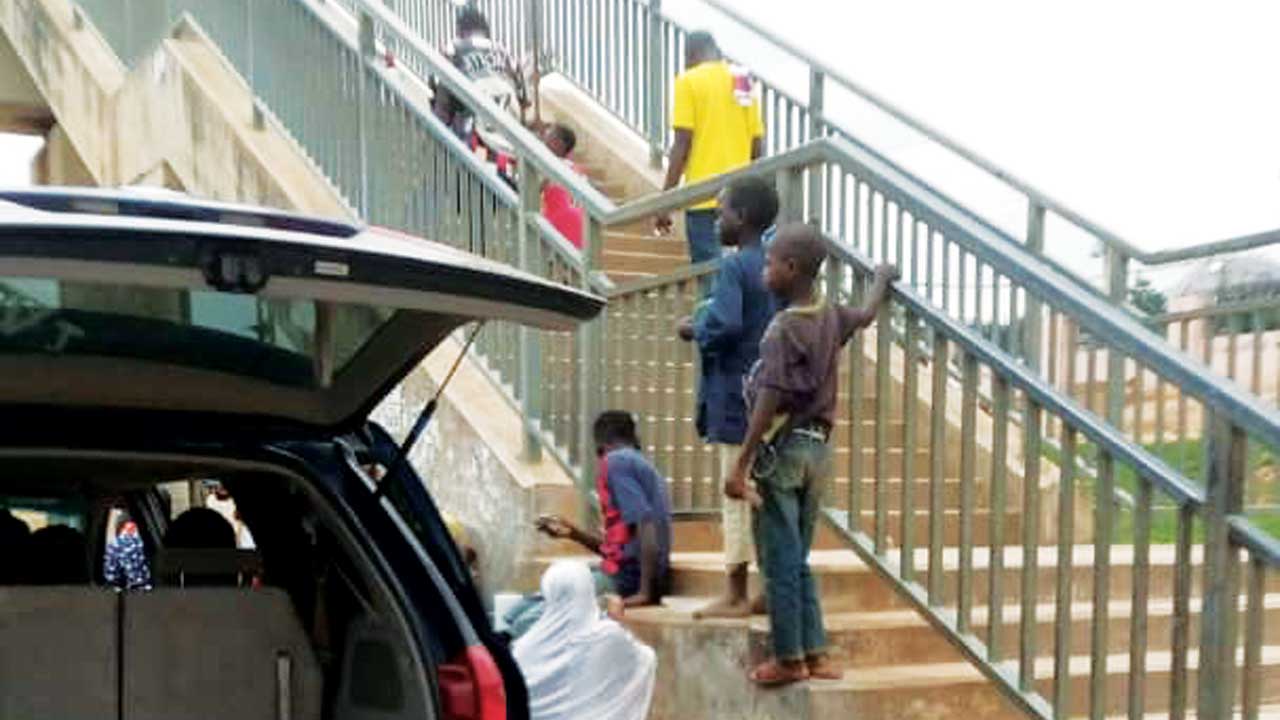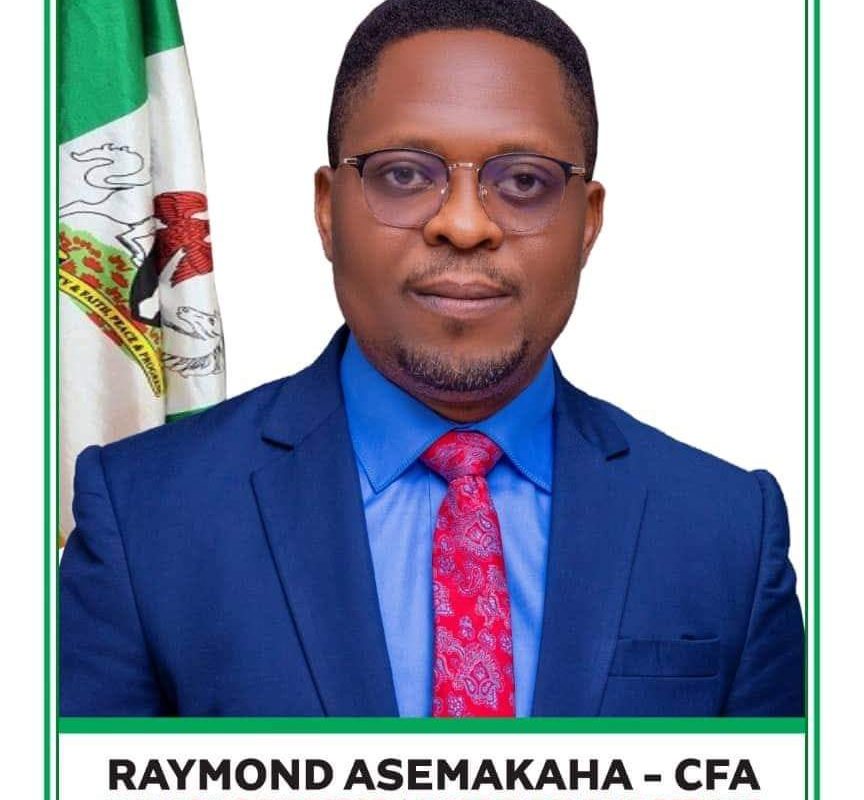
Residents of Abuja have expressed concern about an unusual concentration of “Almajiri,” or street children, on major roads, streets, and intersections.
At intersections in Kubwa, Dawaki, Galadima, Gwarimpa, Bwari, Dutse, and city centres like Wuse and Garki, these kids can be seen every day carrying plates and pleading for alms from motorists in commercial vehicles.
Some locals blamed the situation on the rise in insecurity in northern states, while others blamed polygamy and the negligence of parents who didn’t care as much about their kids’ welfare.
They bemoaned the disturbing trend, which not only degrades Abuja’s aesthetics but also raises the petty crime rate in both the city’s core and outlying areas.
Ibrahim Aliyu, a 10-year-old street child, described how he ended up on the streets of Abuja.
There were more than 30 of us who came from Katsina, according to the teenager who frequently hangs out in Kubwa’s supermarkets. We entered by following grain-delivery trucks to Abuja. I came here to begging because my parents don’t have any money.
Additionally, 11-year-old Musa Bala, a Dutse native, claimed to have escaped the Zamfara IDP camp.
I’m from Zamfara, and after our village was attacked and we were compelled to flee, I left the camp in Gummi, he claimed. Begging here in Dutse Market is more lucrative than remaining in the training school at Dawaki, where there is insufficient food for all of us.
The Social Welfare Department of the Federal Capital Territory Administration (FCTA) detained 60 children, according to Damaraya Idris, 10, of Dawaki, but he left the school to be on the streets.
We cannot go outside and earn money in Islam, he declared. I needed to find a way out. My four brothers and I were forced out of the Kano house by my father, who then left them to fend for themselves.
I’m from Jigawa, another child in Bwari who went by the name Abubakar said. I’m not sure of my age. When we arrived in Abuja, we were forced to beg after a relative had taken us away from our parents with the promise of taking us to school.
However, Sarah Adeniyi, a trader in Kubwa, commented on the negative impact of the rising trend, saying: “At around 2005 and 2006, there was a surge like this, but the street children were foreigners from neighbouring countries.
“Back then, the administration handled it well. These kids are exposed to an environment that is harsh, which could have a negative impact on their health and lead to aggressive behaviour. These children were rushing to beg, stationed at the NNPC intersection, along with ATMs and supermarkets. The situation is urgent.
Akan Kufre, the owner of a school, bemoaned the government’s failure to develop an education system that advances them.
These kids shouldn’t be integrated into a system of education that is years ahead of them, he said. They don’t find education to be interesting enough because of this. Government should look into other unofficial ways to stop their thinking with a very inclusive educational system.
Additionally, Ejike Alfredo, a clergyman, urged locals to help the street kids rather than judge them.
“The welfare committee at my church is dedicated to providing these kids with food and clothing. We are currently working to create a safe place for these kids to live. A thriving society is not created by the government alone. The plough needs to have all hands on deck, he said.
Dr. Ndu Nwokolo, managing partner at Nextier and a security expert, told The Guardian that the threat posed by street children has both humanitarian and security implications.
“They are vulnerable because of the nature of their circumstances, both in their previous residence and here in Abuja,” he said. In addition to this circumstance, it is believed that some of them are informants for various organisations, and from research and experience gained from the Boko Haram attacks in the northeast, it is known that they were employed by non-state armed groups to gather information.
Government should, as a matter of urgency, mop them up and move them to a camp where adequate care and education should be provided for them, he said in reference to the actions that should be taken to handle the situation.
In addition, they make up the majority of the out-of-school children, so the responsible Ministries and Departments should think about collaborating with CSOs and other development organisations like the United Nations Children’s Fund (UNICEF) in order to address the problem.
“Again, without profiling them, they should be interviewed and given some kind of psychosocial support, especially if they have experienced or witnessed violent conflict in the past.
“It will be beneficial to begin deradicalizing the children for those who are connected to any insurgent group. The majority of Abuja’s residential areas now have a sort of neighbourhood watch association; this should be used to keep an eye on them, but more importantly, they should cooperate with locals and the FCT authorities to relocate them to areas where they can receive the proper care.
According to Dr. Sani Amar Rabe, director of social welfare services for the Federal Capital Territory Administration, the FCTA is working to permanently reverse the upward trend.
Many of the street kids, in his opinion, are not natives of Abuja.
“They are from the neighbouring states, and we recently detained more than 90 of them. When we arrived in Kaduna, we found that 60 of the people had made false claims to have travelled there.
“Some claimed to be from Zamfara, but none of them were sure of their origins. That presents a significant challenge for us. Anyone who believes FCTA isn’t doing enough is mistaken. One of the difficulties is the budgetary provision’s cap.
Instead of helping to support the government, the general public excels at criticising it. They ought to participate more. Although these street kids can be very wild and depraved, they also have a bright future. The plough should have all hands on it.




